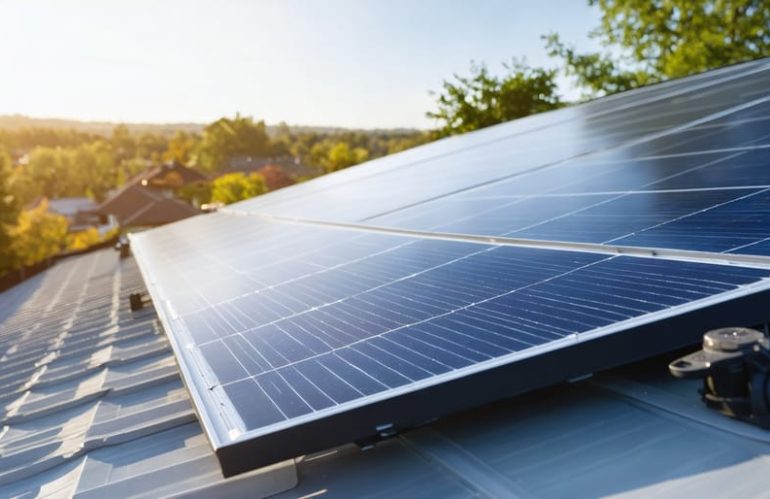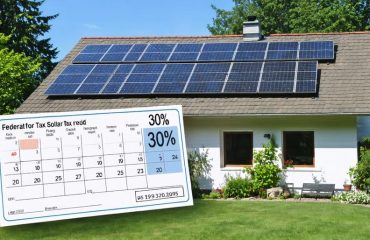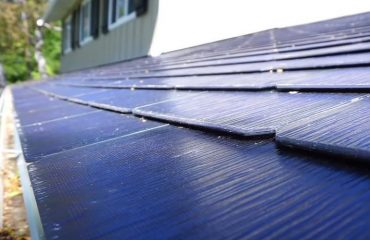Ensure your solar panel installation meets NFPA standards for safety and code compliance. Work with an experienced installer who understands the latest NFPA guidelines for residential solar systems. Verify that your solar panels, mounting hardware, wiring, and other components are tested and certified to meet relevant NFPA codes. Choosing an NFPA-compliant solar installation protects your home, optimizes performance and may qualify you for additional incentives or insurance discounts.
Understanding NFPA Solar Panel Standards
NFPA 70: National Electrical Code
The National Electrical Code (NEC), also known as NFPA 70, is a comprehensive set of guidelines that ensure the safe installation and operation of electrical systems, including solar PV arrays. To protect homeowners and their properties, the NEC outlines specific requirements for wiring, grounding, overcurrent protection, and disconnecting means in solar installations.
One critical aspect covered by the NEC is the proper sizing and installation of wiring and conductors. The code specifies the appropriate wire gauges and insulation ratings based on the system’s voltage and current levels. It also mandates the use of weather-resistant and sunlight-resistant wiring materials to withstand the harsh outdoor environment.
Grounding is another key safety feature addressed in the NEC. Solar panels and their mounting structures must be properly grounded to minimize the risk of electrical shock and fire. The code provides detailed instructions on grounding methods, including the use of equipment grounding conductors and grounding electrode systems.
To prevent damage from excessive current, the NEC requires the installation of overcurrent protection devices (OCPDs) such as fuses or circuit breakers. These devices automatically interrupt the flow of electricity in case of a fault or overload, protecting the wiring and connected equipment.
Lastly, the NEC mandates the inclusion of readily accessible disconnecting means for solar PV systems. These disconnects allow emergency responders or maintenance personnel to quickly shut down the system if needed, ensuring their safety and preventing potential hazards.
When choosing a solar installer, homeowners should look for companies that strictly adhere to NEC guidelines. Code-compliant installations not only prioritize safety but also often lead to more efficient and long-lasting solar PV systems. By following the NEC, homeowners can have peace of mind knowing that their solar investment is secure and reliable.
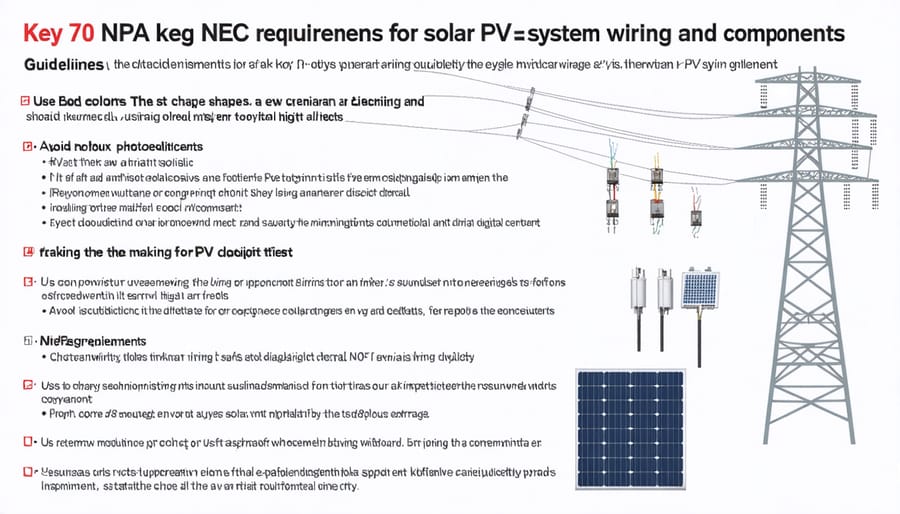
NFPA 1: Fire Code
The National Fire Protection Association (NFPA) 1: Fire Code sets forth essential safety provisions for solar panel installations on residential and commercial properties. These standards ensure that solar arrays are designed, installed, and maintained in a manner that minimizes fire risks and allows for safe access for firefighters in emergency situations.
Key provisions of NFPA 1 include requirements for clear roof access pathways, which provide space for firefighters to navigate around solar panels during a fire. The code also mandates proper labeling and markings on solar equipment, alerting emergency responders to the presence of solar panels and helping them safely shut down the system if necessary.
By adhering to NFPA 1 guidelines, solar installers create systems that not only harness clean energy but also prioritize the safety of building occupants and first responders. Homeowners should seek out reputable installers who are well-versed in these codes and can design a compliant solar array tailored to their specific property. With a focus on fire safety, solar panels can be seamlessly integrated into homes while providing peace of mind for years to come.
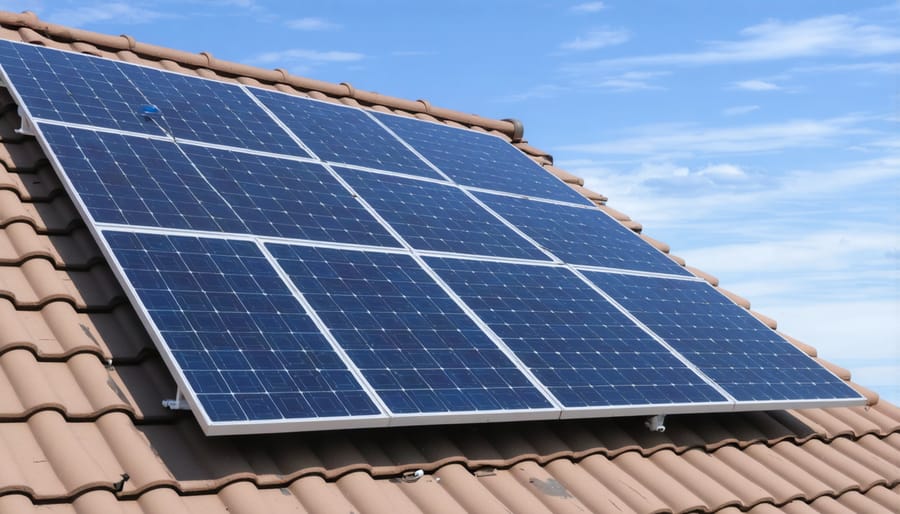
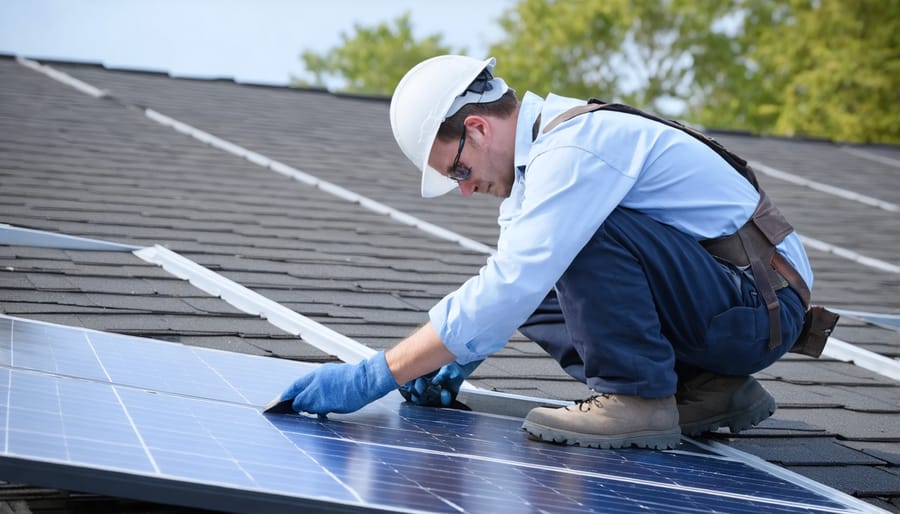
Residential Solar Panels’ Compliance With NFPA
Materials and Equipment
When it comes to NFPA-compliant solar panel installations, quality materials and equipment are essential. Our company uses only the highest-grade components that meet or exceed NFPA standards. The solar panels themselves are rigorously tested and certified to ensure optimal performance and safety. We also utilize top-tier inverters, which convert the DC electricity generated by the panels into AC power for your home, maximizing efficiency and reliability.
Proper wiring is crucial for a safe and effective solar panel system. Our installations feature high-quality, fire-resistant wiring that adheres to NFPA codes, minimizing the risk of electrical hazards. The racking system, which secures the panels to your roof, is made from durable, corrosion-resistant materials designed to withstand harsh weather conditions and maintain structural integrity. By using these NFPA-compliant components, we ensure that your solar panel installation is not only efficient and reliable but also safe for your home and family.
Installation Best Practices
At Residential Solar Panels, we prioritize safety and code compliance throughout our rigorous installation process. Our certified installers meticulously follow NFPA guidelines, ensuring that your solar panel system meets or exceeds all safety standards. We start by conducting a thorough site assessment to identify any potential hazards and design a system that optimizes performance while adhering to local building codes. Our team uses only the highest-quality, NFPA-approved components and employs industry best practices for secure mounting, electrical wiring, and grounding. We also perform comprehensive testing and inspections at every stage of the installation to verify the system’s integrity and safety. With our unwavering commitment to code compliance and our expert installation techniques, you can have peace of mind knowing that your solar panel system is built to last and protect your home and family for decades to come.
Ongoing Inspections and Maintenance
To ensure your solar panel system remains NFPA compliant and operates safely, regular checks and maintenance are crucial. Your installer should provide a maintenance schedule and checklist. Visually inspect panels for damage, debris, or shading issues. Check wiring, connections, and mounting hardware for signs of wear or corrosion. Keep panels clean for optimal performance. Address any issues promptly with the help of a qualified professional. By staying proactive with upkeep, you can enjoy the benefits of your solar investment with peace of mind, knowing your system is operating safely and efficiently in accordance with NFPA standards.
The Benefits of Choosing an NFPA-Compliant Solar Installer
When it comes to choosing a solar installer for your home, safety should be a top priority. By selecting a residential solar company that strictly adheres to NFPA codes, you can enjoy peace of mind knowing that your solar panel system is designed, installed, and maintained to the highest safety standards. NFPA-compliant installers follow rigorous guidelines to ensure that your solar panels are properly mounted, wired, and protected from potential hazards such as fires or electrical malfunctions.
Choosing an NFPA-compliant solar installer also has significant implications for the quality, reliability, insurance and warranty implications of your solar panel system. These installers use only high-quality, tested components and follow best practices for installation, reducing the risk of system failures or performance issues down the line. Many insurance companies and solar panel manufacturers also require NFPA compliance as a condition of coverage or warranty eligibility, so working with a compliant installer can help protect your investment over the long term.
In addition to the practical benefits, choosing an NFPA-compliant solar installer demonstrates your commitment to safety and responsible solar adoption. By supporting companies that prioritize safety and adhere to industry best practices, you can help promote a culture of responsibility and accountability in the residential solar industry. This, in turn, helps to build trust and confidence in solar technology among homeowners and the wider public, supporting the continued growth and adoption of clean, renewable energy solutions.
Conclusion
Safety is the top priority when it comes to solar panel installations, and safety is paramount to ensure the well-being of your home and family. At Residential Solar Panels, we are committed to meeting the highest NFPA standards for every project, giving you peace of mind and a reliable, efficient solar energy system. When planning your solar installation, be sure to choose NFPA-compliant installers who prioritize safety and adhere to these crucial guidelines. By selecting a reputable, safety-focused company like Residential Solar Panels, you can enjoy the benefits of clean, renewable energy while safeguarding your home and loved ones.

